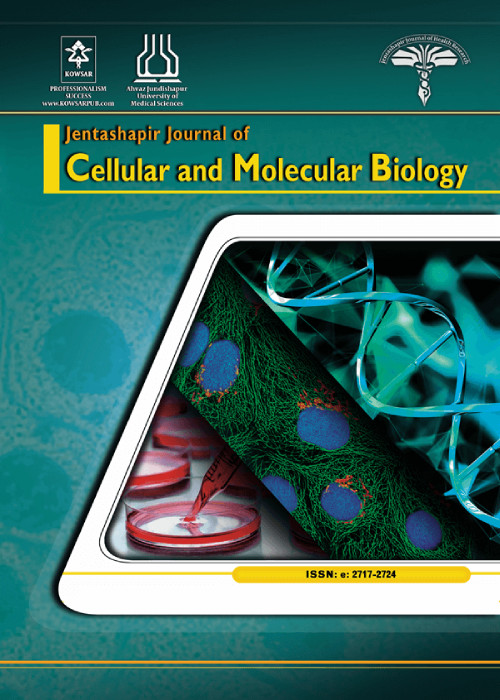Green Copper Carbonate Nanoparticles Produced by the Ureolytic Fungus Alternaria Species Strain ccf7 and Their Antibacterial Activity
Copper carbonate nanoparticles have several applications in the fields of pigments, insecticides, and fungicides. They are also used as catalysts in chemical processes and crude oil desulfurization. Fungi can biosynthesize metal nanoparticles due to their high tolerance, extracellular synthesis, simplicity of extraction, and large-scale exploitation.
This study aimed to investigate the potential of fungal isolates (which are resistant to copper chloride with urease activity) as biocatalysts for the synthesis of copper carbonate nanoparticles. This approach was considered due to the advantages of using fungal isolates in nanoparticle biosynthesis.
In a PDA culture medium with 25 mM copper chloride, an enrichment culture was used to isolate copper-resistant fungal isolates. Fungal isolates’ urease enzyme was qualitatively assessed using 2% urea agar-based culture media. Studies on the synthesis of copper carbonate nanoparticles and the effect of different parameters on the synthesis of these nanoparticles were conducted using a mycelium-free supernatant strategy. Field emission scanning electron microscope (FESEM), dynamic light scattering (DLS), energy-dispersive X-ray spectroscopy (EDX), and Fourier transform infrared spectroscopy (FTIR) studies were used to determine the properties of calcium carbonate nanoparticles. The selected fungal isolate was identified using macroscopic and microscopic characteristics, as well as molecular analysis using amplification of the ITS1-5.8S-ITS2 gene sequences.
Alternaria species strain ccf7 (GenBank accession number OP242500) was chosen as the superior strain for copper carbonate nanoparticle synthesis tests based on the pattern of resistance to copper chloride salt and the qualitative assessment of urease activity. Based on the findings of the electron microscope studies, spherical copper carbonate nanoparticles with an average size of 66.7 nm were synthesized after 24 hours of incubation at the optimal concentration of 45mM copper chloride, temperature of 25°C, and shaker speed of 100 rpm. The distribution of the produced nanoparticles was appropriate, as indicated by a polydispersity index (PDI) of 0.25. The strongest inhibitory impact of these copper carbonate nanoparticles was against Pseudomonas aeruginosa, with an average inhibition of 31 mm at a concentration of 50 mg/L, according to the results of their antibacterial activities.
For the first time, the synthesis and development of a green approach for the fabrication of copper carbonate nanoparticles using the genus Alternaria have been proposed in this study.
- حق عضویت دریافتی صرف حمایت از نشریات عضو و نگهداری، تکمیل و توسعه مگیران میشود.
- پرداخت حق اشتراک و دانلود مقالات اجازه بازنشر آن در سایر رسانههای چاپی و دیجیتال را به کاربر نمیدهد.


